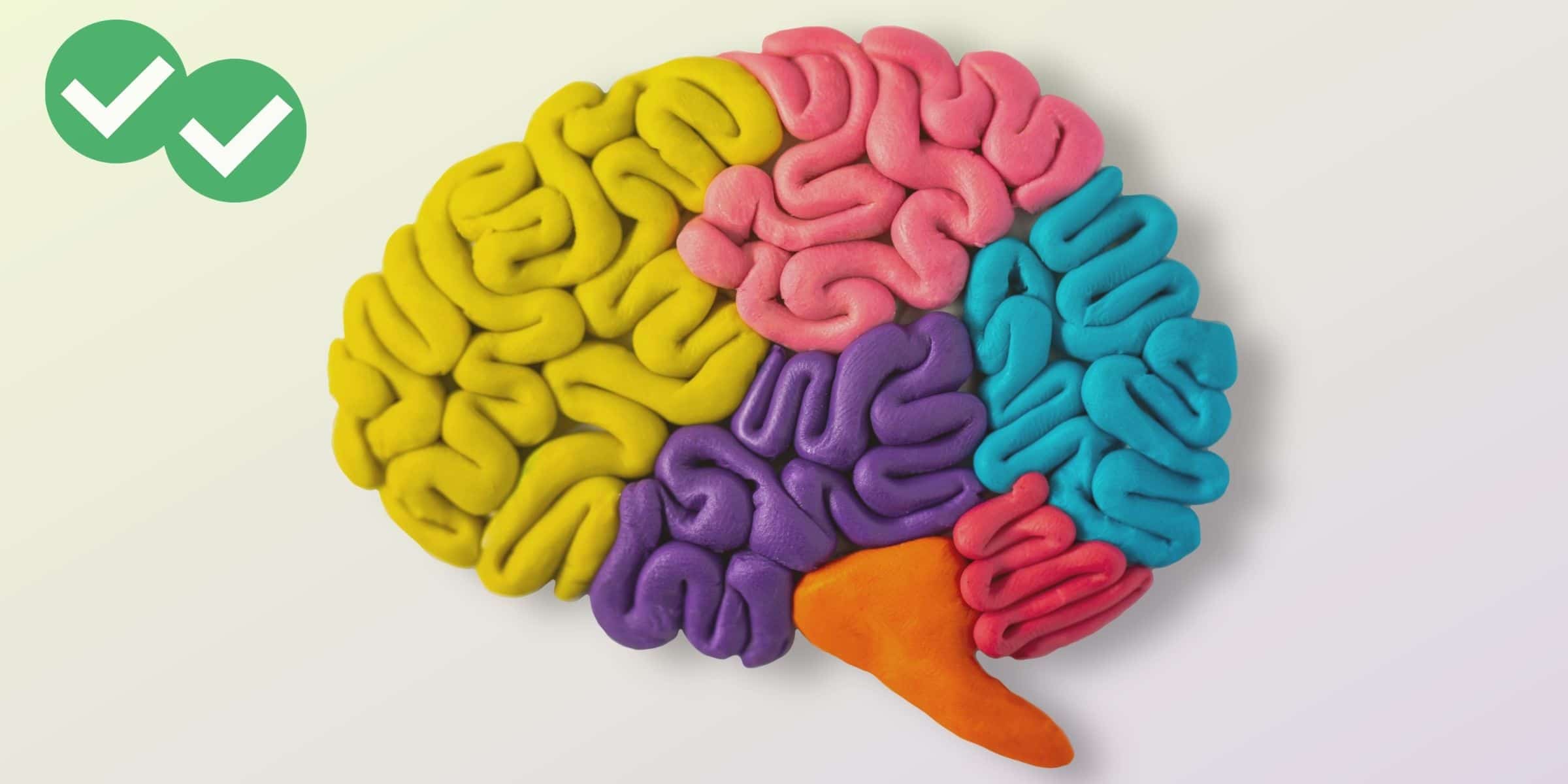As Lucas can tell you, understanding synonyms is useful in TOEFL Reading. He futher points out that understanding synonyms is just one part of correctly answering a TOEFL Reading question. TOEFL test-takers should also look for words in the answers that are taken from the original text. Sometimes these words will appear in different forms. For example, a verb that was present tense in the text may be past tense in the question. When the answer and the original text have the same words, TOEFL test takers should check to see if word order or sentence structure has been changed. Still, synonyms are very important. Nearly every TOEFL reading question will contain synonyms for words in the reading passage.
This post will be the first in a series that looks at synonyms in different types of TOEFL Reading questions. First up: inference questions. This kind of question requires you to understand information that is not directly stated in the reading. Let’s look at the third reading activity in this official ETS document, appearing on page 15. (Answer key on page 21.) Refer to question 2 on page 17 of the document for an example of an inference question that uses synonyms in the answer choices.
Now, look at the synonyms in the answers. Answer (A) has the word “origin.” This word can is a synonym for the phrase “came from” in the original text. (B) has the phrase “not as many.” This can be a synonym for “not a single” if “not a single” (meaning zero), is being compared to a larger amount. (EX: I have read a few books by Mark Twain, but not a single book by H.G. Wells.) However, in this case, the original “not a single pebble” is not being compared to a larger quantity of something. So “not as many” is not a true synonym, and changes the meaning from the original sentence. Answer (C) has “particular kind.” This can be a synonym for “single,” when “single” describes individuality or uniqueness. However, it is not a synonym for the full phrase “not a single,” which again means “none.” Again, the meaning is changed, so (C) is incorrect.
Finally, we get to answer (D). There are no synonymous words in “D.” However, there are some of the same words in both answer (D) and the original sentence. The key phrase “came from” reappears in (D) as “come from.” But the words are used differently. (D) says “the… pebbles could not have come from only one source.” However, the text itself does not say the pebbles came from more than one source. It only states that the pebbles didn’t seem to come from the nearest land mass. (D) is also incorrect.
So we see that (A) has synonymous language that matches the meaning of the sentence. (B) and (C) change the meaning of the sentence as a whole. (D) adds ideas that aren’t in the original sentence. So (A) is correct.
As you can see, it’s not enough to simply memorize sets of synonyms when you prepare for TOEFL Reading. You need to look carefully at the synonyms in the exam. Make sure that language in the answer is truly synonymous with the text’s language in context. When an answer contains no synonyms and simply uses words from the original text, be especially cautious. Answers without synonyms can be correct, but they also have a higher likelihood of being false friends.
Check back on Thursday for Part 2 of this series, TOEFL Reading: Synonyms and Paraphrase Questions.






Leave a Reply